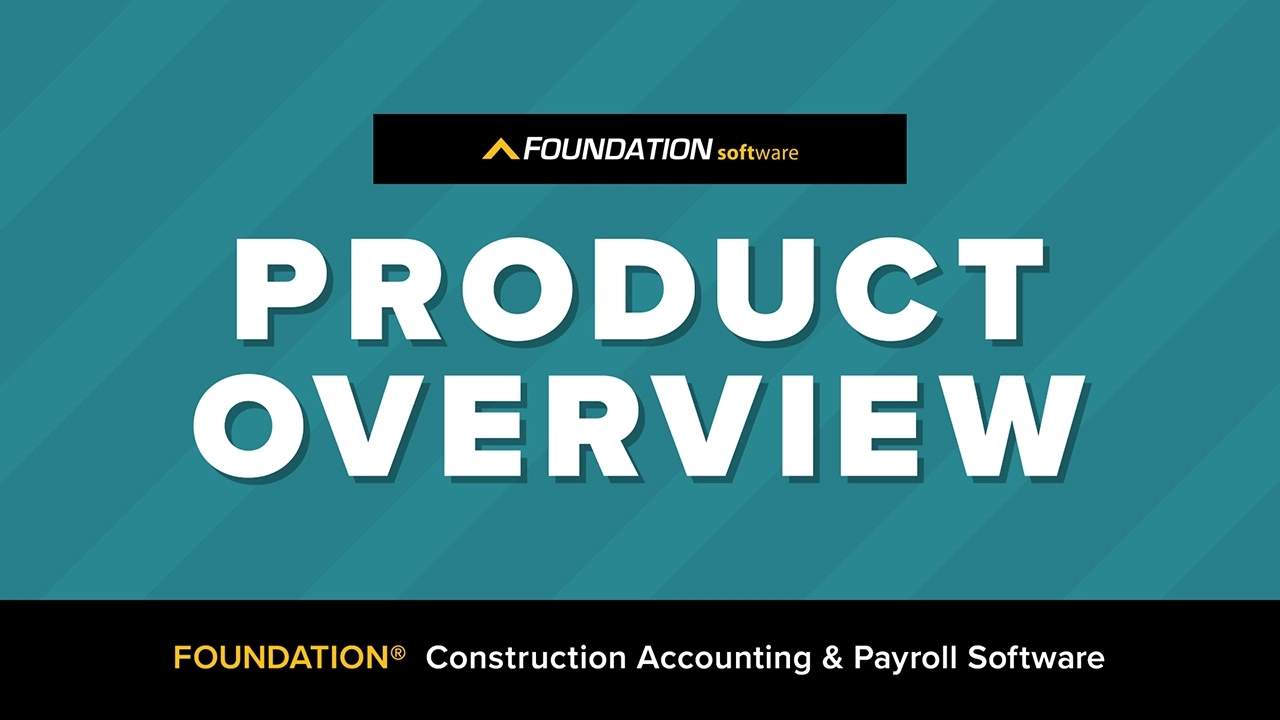
Construction payment delays ripple through every aspect of business operations, transforming profitable projects into financial burdens that threaten long-term stability.
When cash flow dries up, everything stops. Late construction payments create a ripple effect that damages every aspect of business operations.
This isn’t an isolated problem. 82% of contractors report that they experienced payment delays that lasted over 30 days.
Construction payments represent more than just transactions. They fuel the entire operation of construction companies nationwide.
What many construction professionals underestimate is how expensive these delays become. According to GlobeNewswire, Slow payments cost construction businesses a cumulative $280 billion in 2024.
Beyond obvious costs like interest and financing fees, payment delays create hidden expenses that erode profitability. They also limit growth potential throughout the entire organization.
Key Takeaways
- Delayed construction payments have a direct impact on construction profit margins
- Delayed payments are caused by miscommunication with subcontractors and financial insecurities on the side of the client
- When payments are late, construction companies experience slower cash flow and often turn to loans to support their company during lean times
- Construction accounting software is a powerful tool used to keep construction projects within budget even while payments are slow to arrive
Direct Financial Impacts of Delayed Construction Payments
The cost of slow payments hit construction companies where it hurts most: the bottom line.
When clients don’t pay on time, contractors face immediate financial consequences. Construction businesses must find ways to cover ongoing expenses despite not receiving timely compensation for completed work.
These direct costs add up quickly and can transform profitable projects into financial burdens.
Interest Expenses and Financing Costs
When payments don’t arrive on schedule, many contractors turn to credit lines and loans to bridge the gap. This creates a cascade of additional expenses:
- Interest payments on borrowed funds eat into project profits
- Credit card fees accumulate when vendors need immediate payment
- Loan origination costs add to the financial burden
The longer a payment delay stretches, the more these financing costs compound. Small construction firms feel this impact most severely. They often pay premium rates due to limited borrowing options.
Administrative Overhead for Payment Follow-Up
Construction payment collection requires significant administrative resources, diverting attention from core project management activities.
Chasing late payments requires significant staff time and resources. Project managers and accounting teams spend hours making calls, sending reminder emails and documenting payment communications.
This diverts valuable attention from core business activities like estimating new work or managing active projects.
When payments become severely delinquent, additional costs can include:
- Specialized collections software
- Third-party collection services
- Legal counsel
Cash Flow Forecasting Challenges
Construction payment delays create operational disruptions that compound financial losses through project inefficiencies and damaged business relationships.
Unpredictable payments make accurate cash flow forecasting nearly impossible.
Construction companies struggle to plan for equipment purchases, labor costs, material orders and payroll when income timing remains uncertain. This forces many contractors to maintain larger cash reserves than truly necessary, keeping capital tied up rather than invested in business growth.
When forecasts prove inaccurate, construction professionals scramble to adjust. This often leads to missing opportunities or incurring rush fees to keep projects moving forward.
Operational Consequences Beyond the Balance Sheet
The true cost of delayed payments extends far beyond what shows up in financial statements.
Construction companies face serious operational challenges when cash doesn’t flow properly. These construction delays disrupt daily workflows and create friction throughout the entire business.
Project Timeline Disruptions
When payments arrive late, contractors often must postpone ordering critical materials or delay bringing in specialized equipment. These project delays create a domino effect:
- Project phases fall behind schedule, affecting all subsequent work
- Rush orders become necessary, driving up costs
- Construction schedules need constant adjustment, reducing efficiency
These disruptions ripple through multiple jobs as resources get shifted to prioritize projects with healthy cash flow. Even a single delayed payment can throw off operations for weeks.
Supplier and Subcontractor Relationship Strain
Delayed construction payments quickly damage relationships with suppliers and subcontractors, creating long-term operational challenges.
When contractors can’t pay their partners on time, trust erodes rapidly.
Material suppliers may implement stricter payment terms or require deposits for future orders. Some even place accounts on credit hold, bringing projects to a standstill.
Subcontractors might prioritize other clients who pay reliably, making their best crews unavailable for future work.
These strained relationships take years to rebuild and limit access to top-tier partners.
Competitive Disadvantage in Bidding
Construction payment delays create competitive disadvantages that force contractors to submit higher bids or avoid profitable projects entirely.
Limited cash reserves mean they must bid higher to ensure adequate cash flow for operations. Some avoid bidding altogether on projects with extended payment terms, regardless of profitability.
Reputation also comes into play. 75% of subcontractors report that they increase bids to general contractors due to delayed payments.
Competitors with healthier cash flow can offer more competitive pricing and more flexible terms, winning more construction contracts.
Digital Solutions for Accelerating Construction Payments

The challenges of delayed payments don’t need to be accepted as an unavoidable part of the construction industry.
Modern software solutions offer powerful tools to address these issues at their source.
Streamlined Invoicing and Documentation
Digital invoicing systems dramatically reduce payment delays by eliminating common obstacles.
Construction software enables contractors to create accurate invoices with all required documentation attached. These systems automatically include:
- Relevant project photos
- Completed work records
- Required compliance documents.
Clear, complete invoices with proper documentation face fewer client questions and processing delays.
Automated Payment Processing
Electronic payment systems remove friction from the payment process. Contractors using digital tools can offer clients convenient payment options. This includes
- ACH transfers
- Credit cards
- Automated payment plans
These systems can send automatic payment reminders at scheduled intervals, reducing the administrative burden of following up. Many solutions integrate directly with accounting systems, automatically reconciling payments with invoices.
Real-Time Cash Flow Visibility
Construction payment platforms provide crucial visibility into payment status across all projects. Project managers can instantly see which invoices are outstanding, which are approved and which require attention.
This transparency enables construction businesses to make informed decisions about resource allocation and project scheduling.
When potential payment issues appear, project teams can address them proactively before they impact operations.
Data-Driven Financial Planning
Advanced construction software transforms historical payment data into valuable forecasting tools.
These systems analyze payment patterns by client, project type and season to predict cash flow more accurately. Contractors gain insights about which clients typically pay on time and which require special attention.
This intelligence helps construction companies better prepare for potential payment gaps and maintain adequate reserves.
How Foundation Software Transforms Payment Processes
Delayed construction payments create a devastating chain reaction for construction businesses. From mounting financial costs to operational disruptions, these payment challenges directly impact a contractor’s bottom line and long-term viability.
Foundation Software’s specialized payment solutions tackle these challenges head-on, particularly through FOUNDATION® Pay Receivables. This platform streamlines billing processes by automating invoice creation and delivery. In turn, this gets payment requests to clients faster.
The system processes incoming payments more efficiently, reconciles them automatically within project budgets and provides real-time visibility into cash flow.
With payment tracking and analysis tools, contractors can identify problematic payment patterns early and adjust financial strategies accordingly. The software’s dashboard alerts construction companies to potential delays before they create cascading problems.
Construction professionals using these tools report faster construction payments, improved financial stability and better client relationships.
Contact Foundation Software’s experts today.
Share Article
Keep on current news in the construction industry. Subscribe to free eNews!
Our Top 3 YouTube Videos
Learn about our software more in depth with product overviews, demos, and much more!

Our ACA reporting & e-filing services include official 1094-C and 1095-C IRS reporting, optional e-filing (no applying for a TCC code required), mailing to your employees and experienced support to help you.

There are plenty of reasons to make FOUNDATION your choice for job cost accounting and construction management software — just ask our clients!

From job cost accounting software, to construction-specific payroll. Get an overview on your next all-in-one back-office solution.





